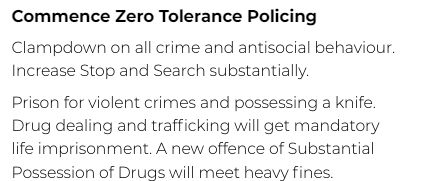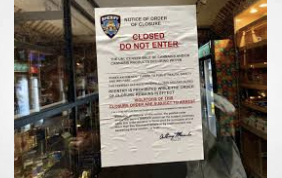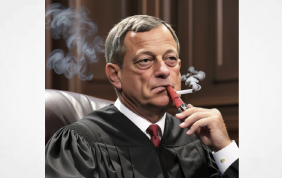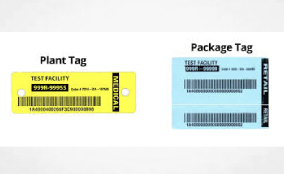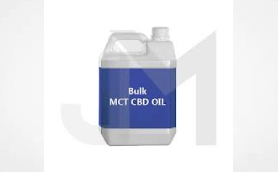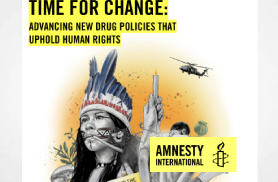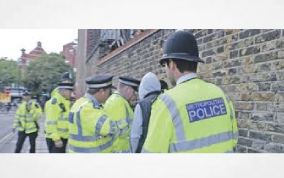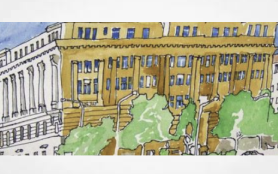UK Elections Cheat Sheet: What Does Each Party Say About Drug Policy?
Here’s what the Tories and Labour say – same old same old , our header image really sums up what the main political parties think so nothing much will change in the UK with regard to un-regulated drugs except by the time the next election rolls round Brits will be taking more of them!
With just a week to go until the UK’s General Election on 4 July, political parties have rolled out plans and visions for how to deal with drugs. This article will dive into each party’s drug policy plans, focussing on related pledges and statements, as well as how they would deal with crimes and individuals associated with the drug trade.
The relevance of discussing drugs policy has reached a critical juncture. While the UK has been resilient to drug policy change, growing concerns with an increasingly toxic drug supply contaminated with dangerous adulterants like nitazenes, and Germany potentially catalysing cannabis policy change across Europe, there are growing calls for a fresh approach to controlling drug harms.
A new paradigm would be especially relevant in Britain, which consistently records some of the highest rates of drug use, including the largest reported opioid-using population in Europe. More alarmingly, Britain is also a continental leader in drug-related deaths. Scotland, in particular, has the highest European average for drug-related deaths, with 1,197 fatalities recorded in 2021, an increase of 712 since 2010. In the face of this public health crisis, successive UK governments have continued to lag behind their European counterparts, favouring prohibitionist and criminalising tactics as a means of regulating the drug trade.
While change is possible, it needs to be led by decisive leadership and political will. While some parties have supported drug policy reform in the past, others have chosen to take a more punitive approach to their control, relying on criminalisation and police to supposedly minimise their harms.
However, change is possible. As the election looms, a new direction for British drug policy could emerge if there is enough political will. Below are some highlights from each party’s manifesto and drug-related mentions.
The Conservative Party

After 14 years in government, the Conservatives have only in recent years unveiled their ‘10-year drugs strategy’; launching in 2021, the new strategy brought back much needed funding into the drug treatment service. Their manifesto reiterates this commitment, pledging greater investment in “rehabilitative services” such as “drug treatment, education and employment”.
However, the details of this investment remain unclear. Prime Minister Rishi Sunak has repeatedly refused to support harm reduction strategies like consumption rooms and soft decriminalisation across the British nations, failing to support devolved nations’ wishes to implement more progressive interventions. Labelling drug users as a “scourge” to communities, he advocates for a “zero-tolerance approach” that includes expanding criminal law to target more “low-level” offending and improving policing capabilities to intensify “on the spot” testing.
Against the advice of the Advisory Council on the Misuse Drugs, Sunak’s administration has even adopted a prohibitionist stance as part of an “antisocial behaviour action plan”. This included launching “hotspot police” taskforces to cover 16 areas in England and Wales with the highest rates of disorder, particularly parks, which ministers have described as “drug-taking arenas”. Sales of nitrous oxide, or laughing gas, were also banned, despite expert calls highlighting how criminal sanctions are “disproportionate” to the level of health and social harm caused by the substance.
While a Conservative Party electoral victory seems very distant, they have heavily influenced the way that drugs are understood within the nation’s political discourse. The past 14 years of Conservative rule has established the British status quo of drug prohibition and criminalisation, which is unlikely to change significantly without significant desire and willingness to push for change.
The Labour Party

Labour’s manifesto reveals a renewed endorsement of the ‘tough on crime’ mantra built upon a ‘broken windows theory’ of crime which dates back to their 1997 manifesto. In their new manifesto, Labour is firmly embedded in a “law and order” approach to drug control: they argue that anti-social behaviours and low-level disorder, “if left unchecked, [lead] to more serious offending”. Drugs are primarily referred to as an activity to eliminate: drug dealing draws children into gangs and destroys communities, while drug use in prisons is turning them into more dangerous places. Claiming that Conservatives “weakened enforcement powers”, Labour intends to introduce “respect orders” to ban “persistent adult offenders” from public spaces and “stamp out” issues like drug use.
Labour leader Keir Starmer has explicitly said he has “no intention” of changing UK drug laws, asserting that the current approach is “settled” and “not really subject to great debate”. While the Labour Party’s premier has shot down interest in reform, some voices within the party have called for serious change. Labour peer and former Home Secretary David Blunkett has claimed that there should be an “open debate” about the treatment of victims of drugs, urging Starmer to launch a decriminalisation inquiry. Meanwhile, Labour Mayor of London Sadiq Khan has proposed pilot projects to freeze the prosecution of young people caught with cannabis in select boroughs; he also led the London Drugs Commission to investigate how cannabis laws may be negatively impacting people’s lives in the capital.
When questioned about adopting a health-based approach to drug policy, such as embracing drug checking and better overdose services, Shadow Minister for Health Wes Streeting said that while he was “comfortable” with a “reasonable debate” about drugs, the main priority of a Labour government would be to “crush every drug dealer in the country”. Underscoring a focus on tackling county line drug operations, Streeting declared that the “War on Drugs hasn’t even begun yet”.
There’s hope that a Labour government would be more responsive to evidence around the effectiveness of certain harm reduction interventions. While Starmer has been ambivalent with most political positions, when pressed into taking a stance, his resistance to recognise the benefits of a new approach to drugs does not bode well for a progressive future of drug control.
There’s a bit more common sense from the smaller parties except for Reform who are a bunch of bonkers fascists so you wouldn’t expect anything other than this
Read on at https://www.talkingdrugs.org/uk-elections-cheat-sheet-what-does-each-party-say-about-drug-policy/
